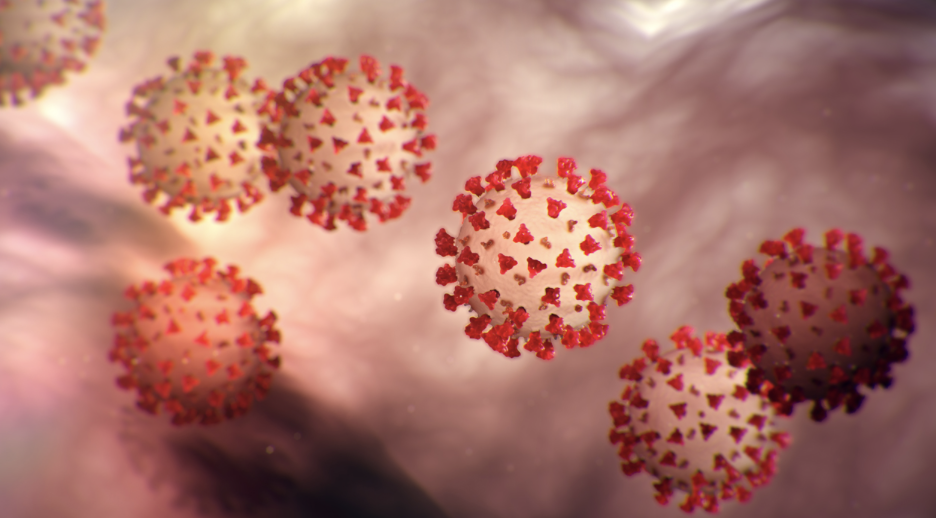Mutations, at times can be harmless and might go unseen, but they can also result in the production of a variant that might be deadlier than the original strain. As can be observed in the case of COVID-19. There now exists a mutant strain of the virus which, due to the nature of the mutations, makes it easier for the virus to bind to our cells. The new strain is more contagious since it is easier for the virus to bind to human cells making the disease spread more swiftly and faster.
The first variant was the DG614G which was detected in Australia and India earlier in May 2020. By December 2020, another variant, B.1.1.7 was identified in the United Kingdom, followed by B.1.351 variant found in South Africa. New variants were also found in Los Angeles and Ohio.
The new variants of the strain are much more transmissible than the original and after some research, scientists have found that the variant B.1.1.7 contains 17 genetic changes in total. It was originally found in the UK and is not only more contagious but also deadlier than the other strains.
Since the existing mRNA vaccines can be easily modified to target new variants, it is less challenging to develop a vaccine against new strains. Moderna recently announced the results of the recent testing which shows the vaccine’s efficiency on the variants, the researchers also working towards developing a booster shot to protect from B.1.351 strain.
The reason why these variants are considered to be more transmissible is due to the mutations on the spike protein, which is the part that binds to the human cells. The B.1.1.7 variant is thought to be 50 percent more contagious and is expected to dominate Ontario and the United States by March 2021 since cases of this new variant have already been detected in those locations.
However, the research on the B.1.1.7 includes only a small number of patients, making it limited from a research standpoint. Experts still need more evidence to confirm its link to higher mortality rate.
The virus detected in South Africa, B.1.351 also has mutations in its spike protein. This variant however is less deadly than the one found in the U.K., but it is less susceptible to the existing vaccines. Pfizer announced on January 28th that their vaccine would be less effective on this variant while Moderna released a statement saying their vaccine will highly likely work against this variant however, it might be less effective against other variants of the virus.
The vaccine however is somewhat efficient since the variant would diminish only a portion of the vaccine’s efficacy providing the patient with at least some degree of protection against the illness. Experts don’t expect the variants to evade the vaccine completely.
More research is needed to understand the intensity of the virus mutations. The extent of transmissibility and virulence of these variants can only be commented upon once the scientists have more evidence after further research. On the brighter side, the existing vaccines provide a broad immune response and are expected to guard against the variants up to some extent until the modified vaccines are available once developed.
While the scientists work towards studying the virus and creating a stronger vaccine, we can help minimize the spread of the deadly virus by avoiding going to public places which are crowded, wearing masks, washing hands regularly and maintaining safe social distance as these actions continue to prove effective in preventing the spread of the virus regardless of what variant it is.





Damn🙏🏼